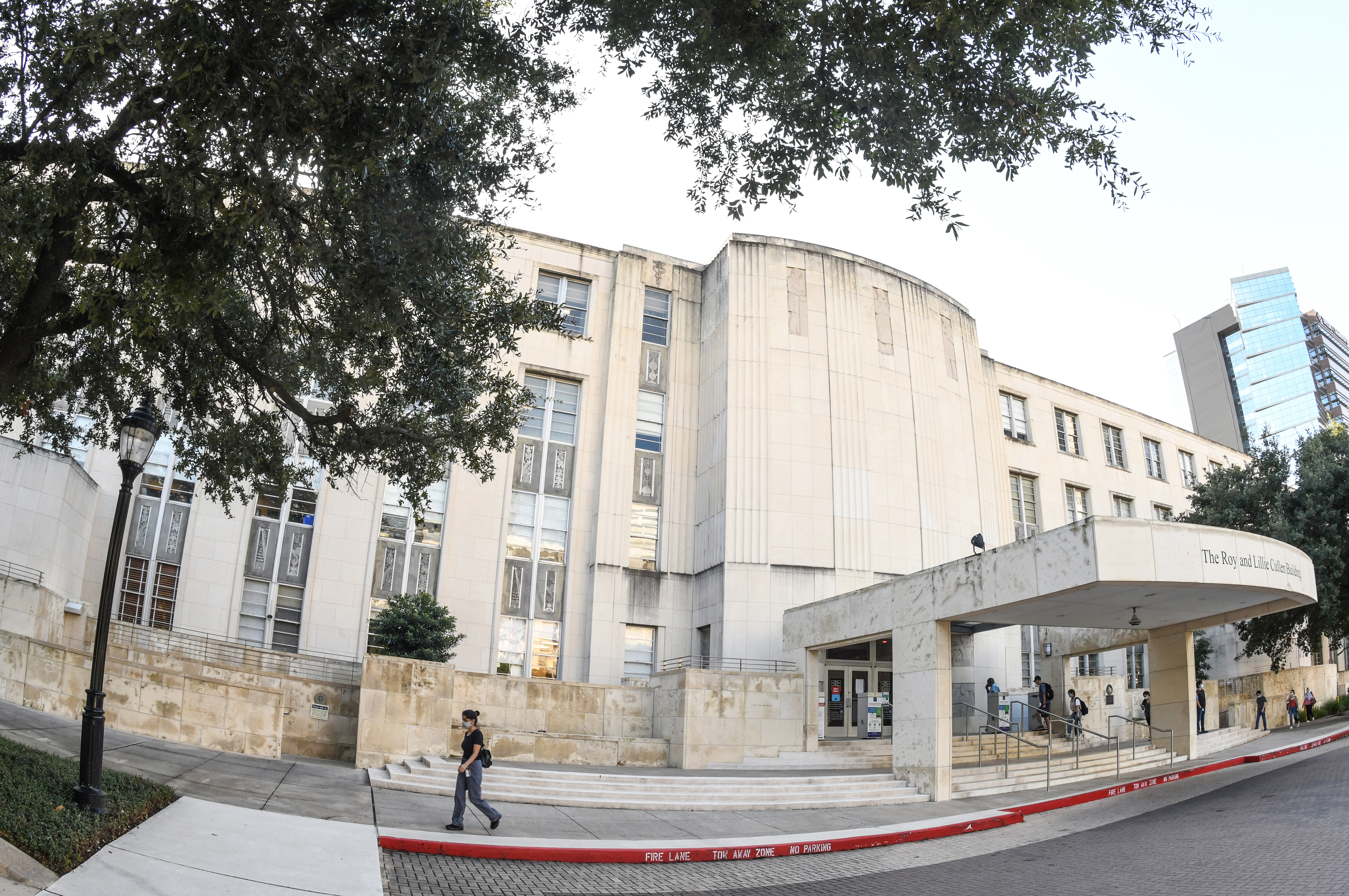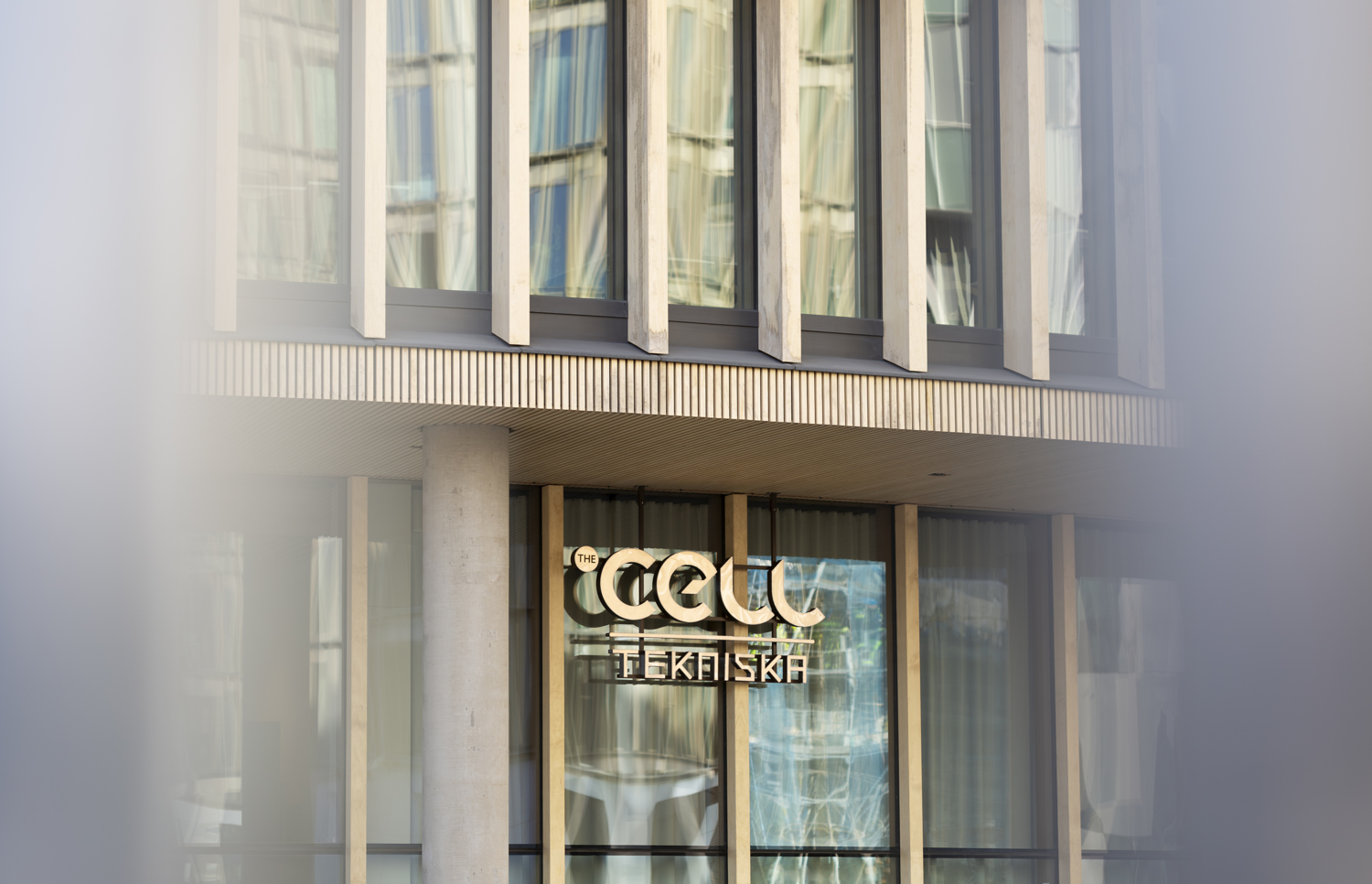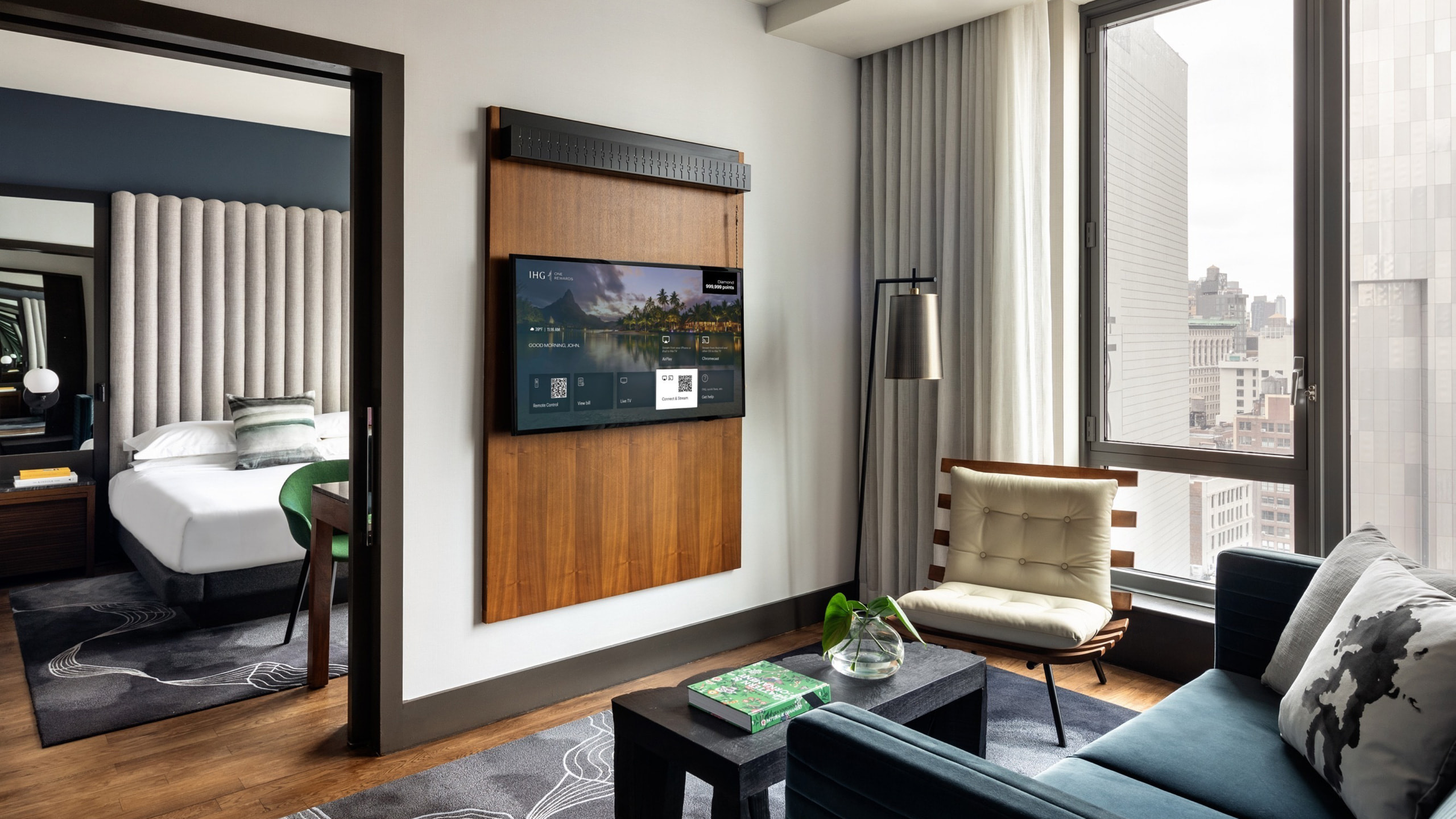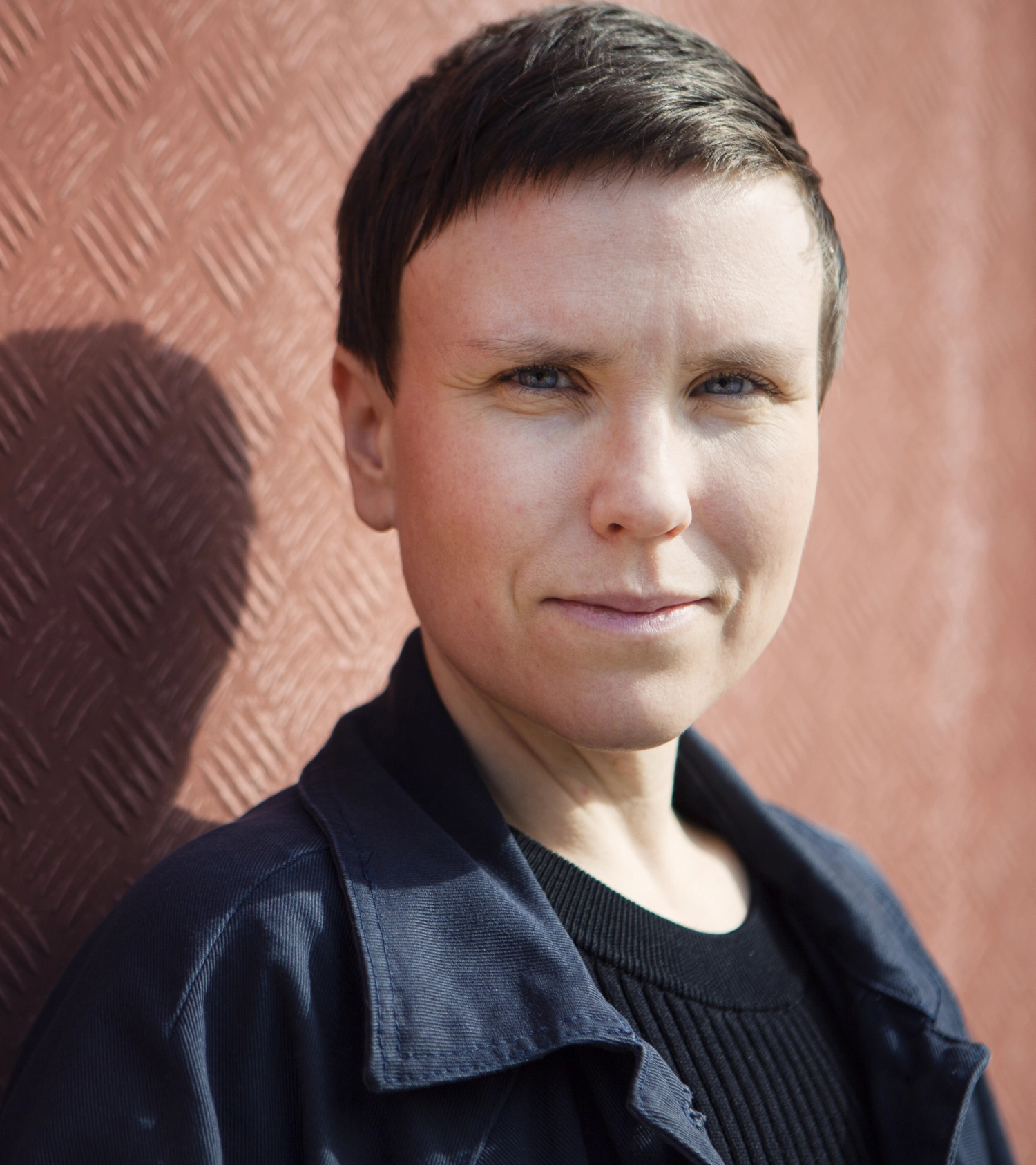RMIT-Cisco’s Health Transformation Lab launches report: Transforming aged care – towards a future in which digitisation drives respect and connection, in response to the Royal Commission into Aged Care Quality and Safety.
Digital opportunity exists among a range of challenges, but transformation is possible with sustained innovation, an appetite for deployment and a growing cohort of tech-savvy seniors
A key recommendation of the report is for new, technology-rich innovation spaces, like the Health Transformation Lab, where technology and ideas can be trialled and tested, such as devices and sensors to detect falls, hazards and behavioural risks in real time, and even a robotic dog that can perform manual tasks
Melbourne 28 July 2022 | Technology and digitisation have a critical to role to play in transforming an aged care system that can be scaled to meet the needs of the 1.2 million Australians who currently use the system, and to provide the respectful, compassionate and quality care every older Australian deserves – a new report by the RMIT-Cisco Health Transformation Lab has found.
Transforming Aged Care: Towards a future in which digitisation clasps hands with respect, and connection drives improvement responds directly to the recommendations made by the Royal Commission into Aged Care Quality and Safety and contends that the deep and systemic adoption of technology presents a profound opportunity to transform Australia’s aged care system into a respectful, responsive and high-quality one.
The report emphasises how using technology to automate and streamline non-care duties will vastly improve the quality of care by freeing up carers’ time, an enormous amount of which is spent on non-care tasks. It will also streamline the achievement of the Royal Commission’s recommended 200 minutes of staff time per resident, per day and enhance overall staff satisfaction.
Importantly, the report also details how technology can be used to drive the increased connectedness of older Australians – to each other, to their families, to their carers and to the broader community. This will improve the wellbeing of older Australians, the quality of their care, and the satisfaction of those who work in our system.
New technologies that can balance monitoring, privacy and provide risk management solutions will also make a meaningful difference in fostering increased choice and dignity for older Australians, including for the 68.1% of aged care residents who have moderate to severe cognitive impairment. Reimagining the use of existing technologies also has a key role to play in managing risk while also enabling residents to lead lives of autonomy, dignity and respect.
The report highlights the current digital mismatch between the aged care sector and the tech-savvy senior, noting that while more than 61% of older people use the internet, very few aged care providers offer wireless internet access as standard for residents. Meanwhile, 42% of aged care providers have no digital strategic plan, less than half use any smart technology, and only 14% are using fully integrated software systems.
The report recommends a much deeper and system-wide adoption of technology and the following preliminary recommendations:
Respect through the power of connection — Advances in technologies, such as machine learning interfaces, Wi-fi/ 5G and IoT (internet of things) should be better leveraged to revolutionise connection — between older Australians and their community, carers and aged care users, aged care spaces and those who rely on them.
Digital first — Technology and digitisation offerings, such as automation of manual tasks, meeting of mandated quality standards and high-quality telehealth that can simultaneously serve care-based outcomes and organisational efficiency should be prioritised in the next phase of system reform.
Secure and sophisticated digital infrastructure — While connection is key to respect, security and stability builds the trust needed in the system. Smart sensors connected devices and the entire internet of things should combine seamlessly to create ‘articulate spaces’, but with robust security and privacy features. Surveillance systems that track people anonymously can balance safety and privacy.
New models and spaces for experimentation — Technology-rich experimentation spaces can catalyse next-level partnered prototyping, trialling, and exploration; where technologists or designers can partner with a community of researchers and industry professionals, or where in-situ simulations can inspire real-time ideation and inter-connected product development. New models and spaces for experimentation can be a game-changer.
To coincide with the launch of the report, the Health Transformation Lab has a range of technologies on display to demonstrate how they can make a real impact in aged care settings, as described in the report.
These include:
Smart sensors that can detect the risk of falls
Technology that can detect behavioural risks, such as conflict in common areas
Devices that can alert people of physical hazards, in real time
Technology that alerts surface disruption and stalled behaviour (such as not eating a meal)
Facial recognition and radio frequency identification technologies to assist with the automatic capturing of face-to-face care time
Connecting digital worlds through telehealth, securely and independently
And even a robotic dog, to perform typically manual tasks like deliveries
Executive Chair of the RMIT-Cisco Health Transformation Lab, Professor Vishaal Kishore said: “This report contends that technology can and should be core to how we generate a respectful, quality-driven aged care system. Put simply, technology enables us to treat the elderly with respect.
“The report argues that digital transformation is critical to creating an aged care system that can be scaled to meet the future needs and provide the respect and quality that is the motivating force of carers, the aim of providers, and the right of every user of the system.
“A large-scale system re-orientation is needed with technology and digitisation at the core of the story. There is the potential for technologies in aged care that are far deeper and more transformative than might be imagined. Technology interventions must be systemic, they must be deep, and they must be human-centred.”
Ben Dawson, Vice President, Cisco Australia and New Zealand said: “The power of this collaboration between RMIT and Cisco brings together the best health research and technology capability to support elderly Australians.
“The Health Transformation Lab offers a technology-rich environment and a new model of collaboration in which technologies come together to create solutions that address specific needs in aged care. This offers the opportunity to accelerate the effectiveness and impact to tackle the Commission’s key recommendations, today.”
The partnership between Cisco and RMIT will continue to evolve as the University joins the National Industry Innovation Network (NIIN) – a Cisco-led industry and university alliance, aimed at driving the combined attention of our best minds, technologists, industry capabilities and academic resources to solve pressing industry and social challenges through the technology-enabled innovation.
The NIIN is co-funded through Cisco’s Country Digital Acceleration (CDA) program, a $61 million investment to accelerate Australia’s digital capabilities in industries of national significance.
About Cisco
Cisco (NASDAQ: CSCO) is the worldwide leader in technology that power the internet. Cisco inspires new possibilities by reimaging your applications, securing your enterprise, transforming your infrastructure, and empowering your teams for a global and inclusive future.
Discover more on The Newsroom and follow us on twitter






